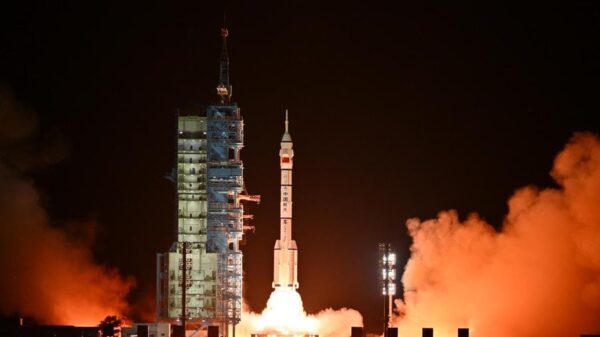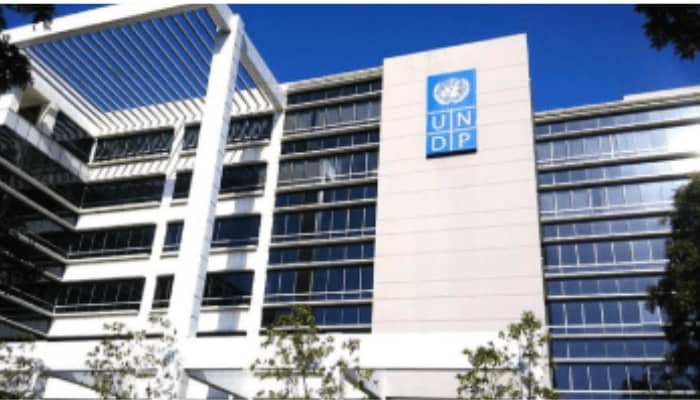The United Nations Development Programme (UNDP) has identified lack of core values and over-ambition of young military officers who do not want to wait for their turn as the major causes of coups d’état in Africa.
The UNDP Team Lead, Governance, Peace and Security, Matthew Alao, said this in an interview with newsmen after the graduation ceremony of the Leadership and National Cohesion Course at Martin Luther Agwai International Leadership and Peacekeeping Centre, Jaji, Kaduna State in Nigeria.
Alao said that though the military cannot be divorced from the society where it situates, but over-ambition by young military officers, eroding core societal values, religious beliefs, and lack of education are the key reasons for more coups in
West African countries and Africa at large.
Alao who noted that the fundamental problem the world is facing today is the lack of core values, said this resulted to persistent coups and counter-coups staged in Africa by military officers.
“Our core values are fast breaking down. You will see agitation and expectation on so many issues that may not be reality.
“Most people don’t go to school. Some do go to school but do not have employable skills. This contributes to what is happening.
“And, because the military cannot be divorced from the society where it situates, they also feel part of that agitation. When that cry is going on, it speculates and overshadows the event. I think that is one of the reasons for coups.
“Then, may be over-ambition by the young officers, they don’t want to wait for their turn.
The idea of young people wanting to be there is another cause of coups.
“Young people need to learn, because if young people don’t learn, we will continue to somersault. After all, this country was ruled by 27-year-old officer at a time.
At a point they delivered, but they didn’t deliver well. If the military of those days had the necessary experience and requisite vision, when Nigeria was still in the morning, they would have planned our future and laid the foundation and we wouldn’t be where we are today.
“We wouldn’t be clamoring for roads, infrastructure, and all that.
Suppose the people that found this country, like Chief Obafemi Awolowo, were able to do something up to the late 80s, Nigeria would have been better than this. The situation we are now is dangerous.
“In those days, Ibadan was flourishing, Kaduna was a hub, Lagos was a factory ground, but within a blink of an eye under the Structural Adjustment Program, everything collapsed.”
He expressed concern that this leadership deficit was taking a toll on the country and should be addressed right from the family unit to the community level.
Alao described Nigeria today as very individualistic, saying, “We have lost it. Now it’s all about I and my family. And this is leading us nowhere. This is why this course is very critical at this moment.”
”Leadership starts with us as parent that brings little children to this world. Leadership starts from grassroots.
”Unfortunately, we have lost it. Nigeria today is very individualistic. It’s all about I and my family. And this is leading us to nowhere. This is why this course is very critical at this moment.
”If nothing is done to address the leadership deficit from the family unit, from the community unit and community level, we are not going anywhere. Money cannot save our society.”
“As an individual, how much do we need, how much can we use to take care of ourselves in a day? And how much are we earning?
“And how much of resources committed to us are we diverting that is causing the crises today? That communal relationship and values been thought to us while growing up has left us and that is why we are stuck today.
“Everybody is looking for downfall of our leadership. We don’t build up by looking for downfall of our leaders,” he said.
He said the leadership course, which happened to be the brainchild of the past Commandant of the Peacekeeping Centre, Major General Obinna Onubogu was born due to the spate of coups happening in West Africa.
“They felt that providing leadership training to the middle-level military and civilians is an antidote to it.
”They felt that because that quality training, that orientation on subordination is weakening in the military and political space of West Africa.
“They felt that UNDP, with the funding made available by the government of Japan, is sponsoring it,” Alao added.
























